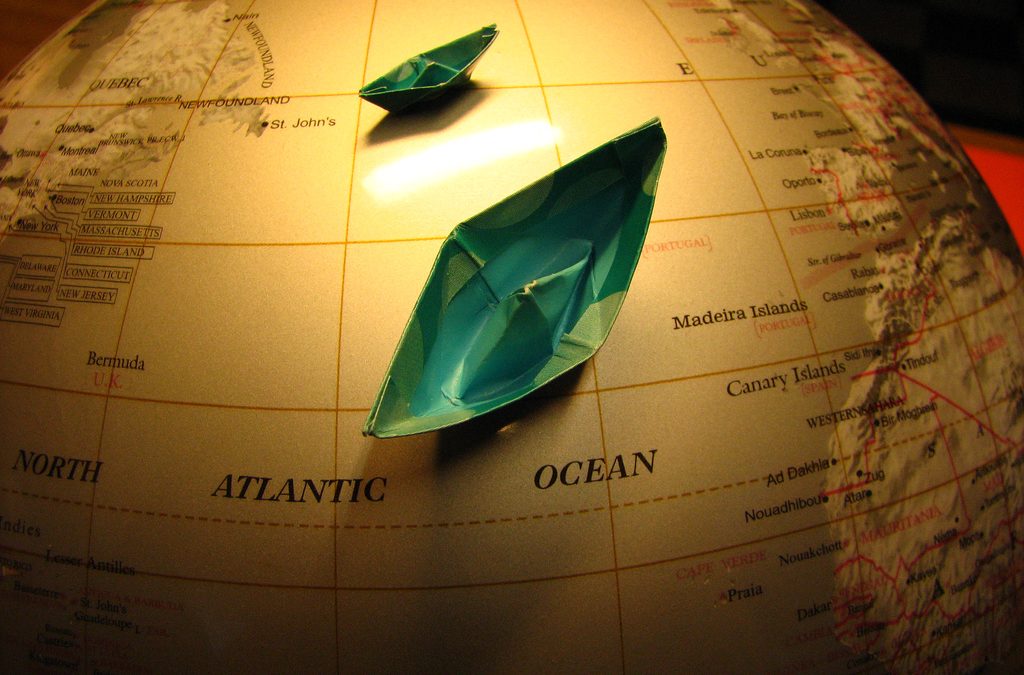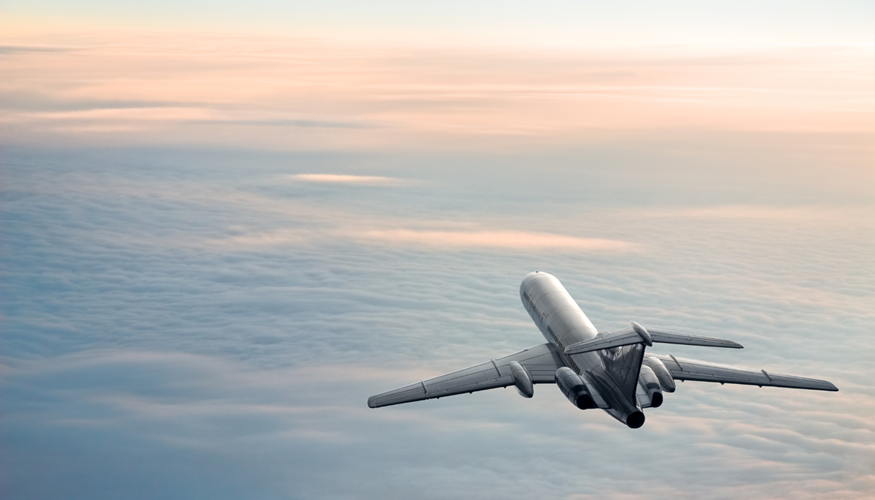The leisure travel consumption ecosystem is changing
- Spaniards are spending less time thinking about and planning their trips than last year and more time booking, enjoying, and sharing them on social media.
- More than 56% of Spaniards book their trips through an agency, either online (35%) or in person (21%).
- Big data and mobile channels: opportunities for providers in the tourism sector.
Madrid, April 19,2017–. Easy access to content and the increasingly common use of technology have changed the time Spaniards devote to each phase of the leisure travel consumption ecosystem. According to data from the Brain Trust CS Tourism Barometer, the dreaming and planning phases are losing some ground to thebooking, experiencing, and sharing phases, with the latter being the phase in which Spaniards are spending the most time.
Of the total time Spaniards spend on leisure travel, 35.9% is spent thinking about and planning the trip, 10.1% on booking it, and 45% on enjoying it. The remaining 9% is spent sharing travel experiences through different channels, which is almost 2 points more than in the previous year.
This trend toward spending more time enjoying oneself than planning, searching, or booking means that providers must make changes to their own nature. According to Ángel García Butragueño, director of Barómetro Turístico and head of the Tourism and Leisure division at Brain Trust CS, "Consumers demand more information, greater speed, personalization, and multichannel options when it comes to their leisure travel. They increasingly value their time, so they look for providers that allow them to develop all phases of the travel consumption ecosystem in the way they want. To do this, providers must not only be able to cover all phases, but also use big data techniques to leverage their knowledge of their customers to offer them what they want, when they want it, and through their preferred channel.
Dreaming: Destiny is the key
According to Barometer data, for 71% of Spanish consumers, interest in getting to know a place is the key factor when considering a trip, followed by recommendations from friends and family (43%) and information found on the internet (35%). It is noteworthy that receiving information or advertising by email has little influence at this stage, with only 6% mentioning it as a reason.
Planning: Recommendations influence the decision
When planning a trip, more than half of Spaniards use recommendations from friends or family as a source of information. In fact, they are the most widely used source of information at 54%, followed by destination websites (39%) and review websites (33%).
Despite this, when asked in the Barometer survey about their main source of information, 14% of Spaniards said they used online agency websites, which ranked third after recommendations and destination websites. In the case of brick-and-mortar agencies, although only 16% use them as a source of information, half of these consider them their main source. "We can conclude that travelers who choose brick-and-mortar agencies are more loyal when it comes to relying on them for the different phases of the leisure travel ecosystem than other consumers,"says Butragueño.
It is noteworthy that, at this stage, travelers use review websites not only to consult possible plans at their destination, but also to select the hotel where they will stay (mentioned by 59% of travelers).
Booking: reservations are made online
Online channels continue to be the most widely used when booking trips, with company websites being the main channel, used by 36% of Spaniards. Even so, more than 56% of Spaniards book through an agency, either online (35%) or in person (21%).
Experiencing: Your cell phone as an ally
According to data from the Barometer, 85% of travelers use their cell phones at their destination, 5 points more than last year. Taking photos (78%), viewing maps (67%), and searching for points of interest (63%) are the activities they do most with their phones, although other activities such as consulting review websites (18%) or searching for restaurants or places to visit are also on the rise.
More than three-quarters of Spanish travelers connect to the internet abroad via Wi-Fi in hotels, restaurants, etc., and 71% would find it very or quite interesting to receive offers for restaurants, events, etc. once they are at their destination. "Keeping in touch with consumers during their travels by offering them information of interest to them can be a very interesting option for growth and loyalty for travel providers," says the director of the Barometer.
Sharing: Increasingly on the rise
More than half of Spaniards share their travel experiences on social media platforms such as Facebook, Instagram, or Twitter (52%), while 33% (7 points more than the previous year) share their opinions with other travelers through review platforms and websites such as Trivago or Tripadvisor.
Users are increasingly accustomed to sharing their opinions online. It is noteworthy that the consumers who do so most are those with high incomes and those aged between 25 and 34.
"Knowing the customer, understanding their needs, identifying their habits and behaviors, and offering a unique, personalized, and differentiated value proposition are the keys to distribution in an era in which easy access to content, the immediacy with which it can be obtained, and the breadth of offerings lead users to "do it yourself." Intermediation faces significant challenges, but these are manageable if the focus is on the customer rather than the product. The customer experience will be what makes the difference in the future, which is why tourism companies must undertake cultural, organizational, process, and business model changes if they want to continue contributing to the value chain. "You have to be where the traveler is, before, during, and after the trip," says Angel García Butragueño.









